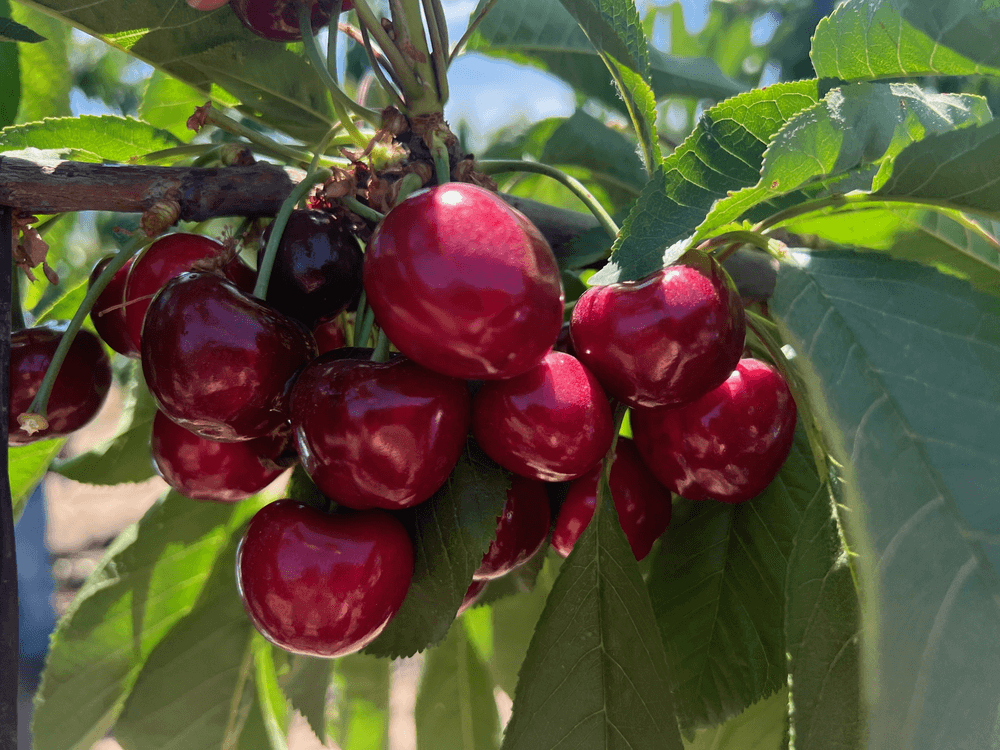The sweet cherry season in Chile has been marked by a series of challenges that tested the entire supply chain. The uncertainty in production volumes, caused by inaccurate forecasts and adverse weather conditions, has negatively impacted the entire production process, from purchasing materials to managing seasonal labor.
Jessica Rodríguez's article examines the main issues faced during the 2023-24 Chilean sweet cherry season and discusses possible solutions for the future of sweet cherry cultivation in Chile.
The first difficulty, says Rodríguez, was the inaccurate harvest forecasts. Initial estimates proved unreliable, leading to poor management decisions in both material purchase and personnel hiring. Companies often found themselves with either insufficient materials or, conversely, with excess (unused) supplies.
This uncertainty created an atmosphere of instability that greatly complicated the production process organization. Some companies tried to cut costs due to low production, finding themselves unprepared for a high-volume harvest.
Additionally, the weather played a crucial role in complicating an already difficult situation. The season saw a prolonged flowering period, resulting in extremely uneven fruit ripening. Normally, producers harvest cherries in a single pass, but during the 2023-24 season, a multi-phase harvest would have been necessary to ensure optimal quality.
This unevenness also affected the final fruit quality, with cherries of varying colors and ripeness levels in the same box; a particularly serious issue in the Chinese market, where color uniformity is crucial for sales, as well as quality consistency.
The adverse weather conditions not only affected ripening but also caused direct damage, such as fruit cracking due to rain and the development of rot caused by high humidity. Although producers implemented good pathogen control, the rot issue occurred mainly during transportation.
The harvest timing was irregular across the country, with earlier ripening in the north and delays in the south, creating further logistical complications. This shift led to an accumulation of fruit during the year-end holidays, creating an overload in packing facilities and increasing operating costs.
Despite all these difficulties, some sweet cherry varieties still showed positive results. Lapins, for example, produced high quality fruit, and Regina benefited from faster management, thus avoiding the issue of internal browning. These successes highlight the importance of quality in market competition, where a high-quality product can make a difference in ensuring economic returns.
Looking to the future, Rodríguez says, it is clear that the Chilean sweet cherry industry will need to address these challenges with innovative solutions. Investments in technologies like covers to protect orchards from adverse weather conditions and re-thinking harvest strategies to adapt to increasingly unpredictable seasons will be necessary. Only in this way will it be possible to maintain the sector's competitiveness and meet the demands of the markets.
Source: Jessica Rodríguez (2024). La firmeza es un atributo extremadamente importante. Revista Frutícola, 46, 1, (p.16-23). https://online.fliphtml5.com/zjsnx/nxbt/#p=18.
Image: Maurizio Quartieri
Andrea Giovannini
University of Bologna (IT)
Cherry Times - All rights reserved










